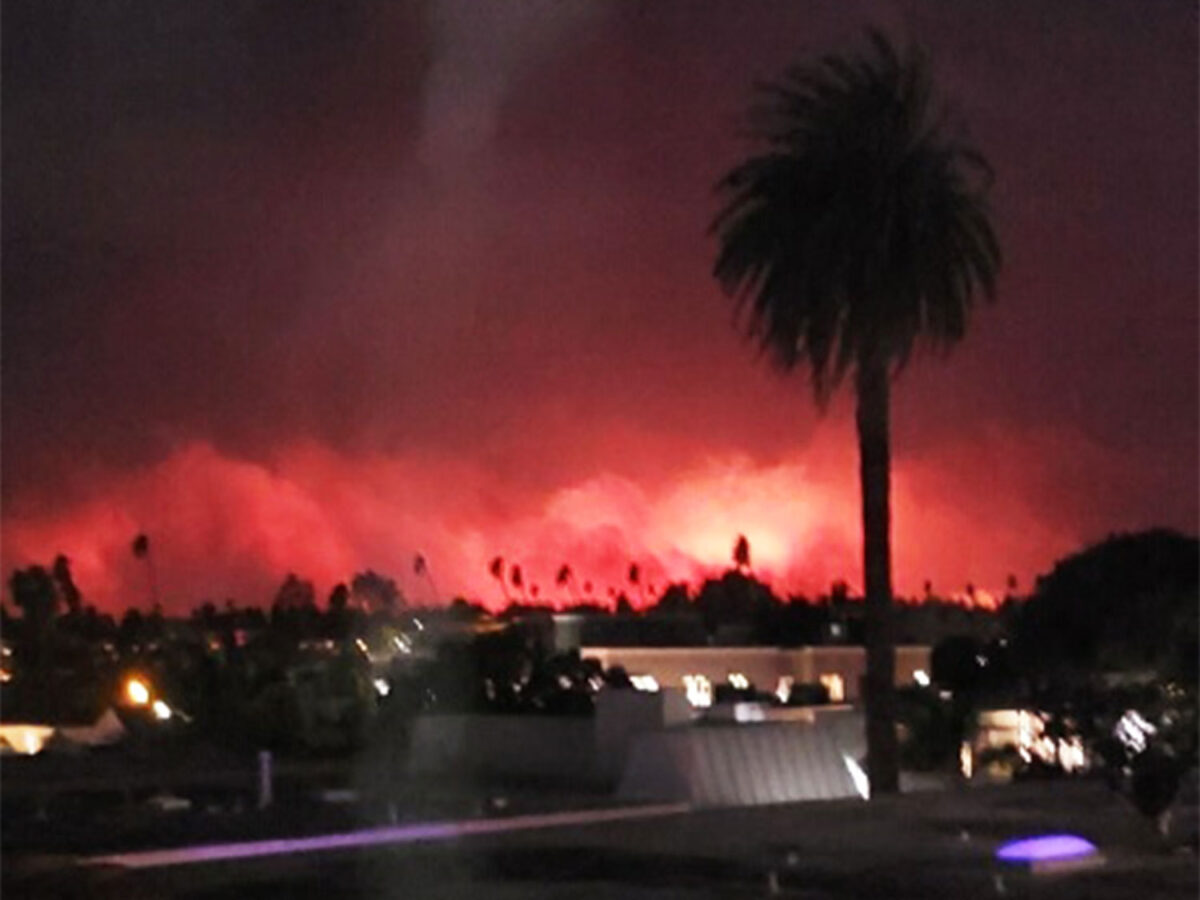March 13, 2020 is etched in our collective memory as a global community. This pivotal day saw President Donald Trump declare a national emergency as our world prepared to confront a pandemic of proportions unseen in over a century. The rapid transformation of our daily lives is a testament to the severity and the reach of this health crisis.
Fast forward to 2023, and the world is posed with a significant question – “Is the pandemic over?” Answering this query is not as clear-cut as we’d like, primarily because the pandemic has affected people and communities in vastly different ways. For young, healthy individuals leading active social lives, their pandemic experience may seem like a distant memory. In contrast, for older adults and those with underlying health conditions, the threat of COVID-19 may still feel immediate and imposing.
Several milestone announcements from world leaders and health organizations attempted to define the end of the pandemic. President Joe Biden in September 2021 declared that “the pandemic is over.” Later, on May 5, 2023, the World Health Organization (WHO) called an end to the COVID-19 public health emergency, with the United States following suit on May 11, 2023. Yet these declarations passed without the attention one might expect, perhaps indicating public skepticism or simply pandemic fatigue.
Last week the Centers for Disease Control and Prevention (CDC) announced that excess deaths in the U.S. had finally dropped to below 1 % for the first time since March 2020. At the height of the pandemic in April 2020, excess mortality in the U.S. had peaked at a staggering 40%. This marked reduction may be the clearest indicator of the end of the pandemic and its layers of complications. This decrease, however, does not signify the complete eradication of COVID-19. Instead, the virus has transitioned into a less lethal threat, now claiming around 80 American lives per day – approximately 1 % of all deaths.
Many factors have contributed to this relative success. By May 2023, over 70% of Americans had received at least one vaccine dose, thanks to the massive and swift vaccine distribution efforts. A similar portion of Americans (77.5 % of those over 16 years of age) have contracted and recovered from COVID-19, granting them natural immunity. Treatments have significantly improved over the years, thanks to relentless efforts by healthcare professionals and researchers around the world. Lastly, over these three years, the virus has mutated to what appears to be a less lethal form.
I see all around me now examples of people bouncing back, and it is very heartwarming. The world is coming back to life with all sorts of gatherings. Sporting events and concerts are sold out again. Wedding venues are hard to come by. Recreational travel is at an all-time high and excepted to beat records this summer. Many people are moving again. Telework seems to be here to stay for so many.
So, is the pandemic over? The answer might lie somewhere between yes and no. The acute crisis phase appears to be behind us, but the echoes of the pandemic still resonate, shaping our actions, attitudes, and aspirations for the future. In addition, the trauma of the pandemic has been significant, and it has provided a catalyst for profound personal and societal transformation.
In previous Courier columns, we discussed the pillars of Post Traumatic Growth: Physical Vitality, Mental Toughness, Emotional Balance, and Loving and Strong Connections. These principles have served as a guidepost for many as they navigate the aftermath of this challenging period.
Now, it seems, is an opportune time to pause, exhale, and let the relief wash over us. As we transition into this new chapter, let’s reflect on the lessons learned, the growth experienced, and our hopes for this era of newfound freedom. Remember, surviving trauma, while daunting, often lays the groundwork for the most significant personal transformations. This shared global experience has the potential to catalyze profound societal change. Did we learn the lesson that what affects one of us affects all of us? That our well-being is tied to the collective? That we can manage with far less. That our environment can thrive again if we give it a chance? And that we must support a global healthcare system as we are all in this together. I hope that this trying period has taught us these and many other valuable lessons.
Beverly Hills Courier columnist Dr. Eva Ritvo is a psychiatrist with more than 30 years of experience practicing in Miami Beach. She is the author of “Bekindr-The Transformative Power of Kindness” and the founder of the Bekindr Global Initiative, a movement to bring more kindness in the world. She is the co-author of “The Beauty Prescription” and “The Concise Guide to Marriage and Family Therapy.” She is also the co-founder of the Bold Beauty Project, a nonprofit that pairs women with disabilities with award-winning photographers creating art exhibitions to raise awareness. Dr. Ritvo received her undergraduate and medical degrees from UCLA, and psychiatry residency training at Weill Cornell Medicine.







